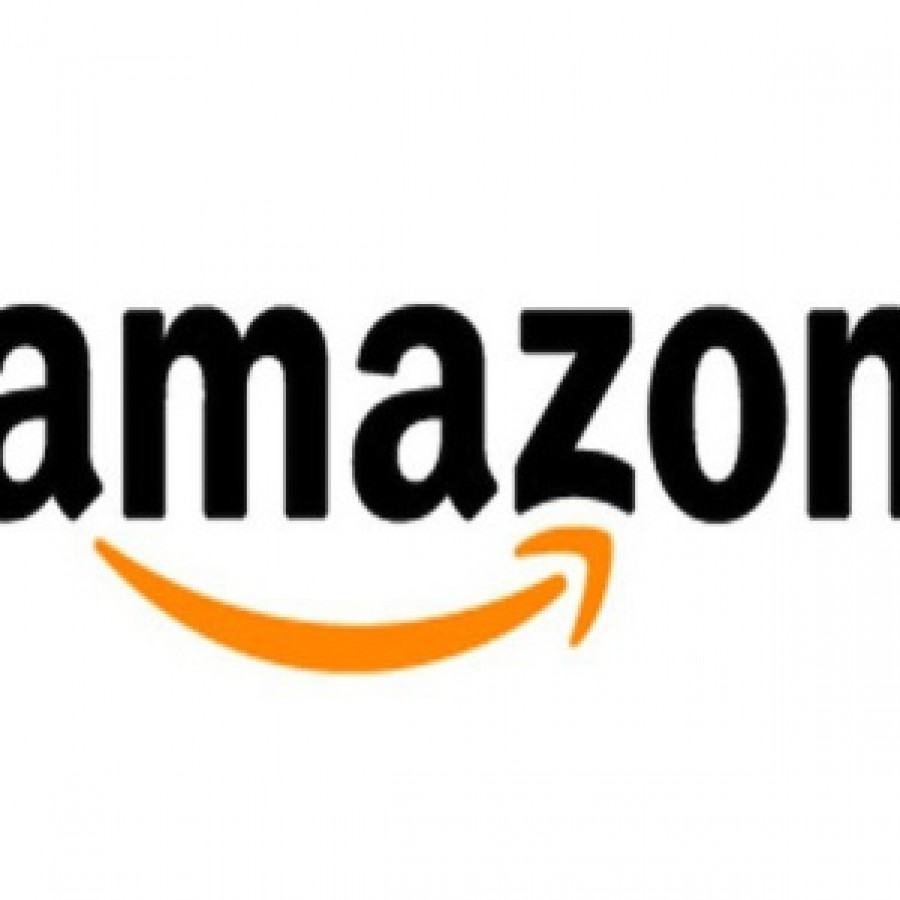
Amazon had humble beginnings. It started in a garage, comparable to Apple 21 years before.
In those days Amazon only sold books, so few in fact that “a bell would ring in the office every time someone made a purchase, and everyone would gather around to see if they knew the customer. This changed however, when in only a few weeks the bell was shut off because so many books were being sold.”
This tech giant started off with a couple of hiccups, which would be derailing for similar companies. In the same article reviewing some of the craziest things that happened at Amazon by Business Insider, Amazon was so understaffed that during the holidays, “Every employee had to take a graveyard shift in the fulfillment centers to meet orders. They would bring their friends and family and would often sleep in their cars before going to work the next day.”
Amazon has since caught up to and is currently trailing the most valuable company in the world: Apple. Recently Apple hit the 1 trillion dollar mark, which accounts for 5% of the American GDP. Amazon followed suit earlier this September. This has prompted the question: is Amazon a monopoly?
According to local Economics and Ancient World History teacher Philip George, “By definition they are, but from a global and historical standpoint they are not. In the past companies that held monopolies had 90-95% of the market.” Meanwhile Amazon has control over 50% of all ecommerce, a mere 5% over the point where a company technically becomes a monopoly.
On Thursday, September 20th, Amazon released 15 new products in a 90 minute conference in Seattle. Amazon released improved versions of old products and introduced some new ones such as the Fire TV Recast (DVR), the Echo Auto (car navigation and bluetooth system), and an Echo wall clock that can perform time based tasks using Alexa.
Another key product released was the Alexa Guard, a home security device that links all Amazon products including lights, lamps, locks, and even some third party home security systems. With this release Amazon took a crucial step toward dominance as a household brand.
While some may think that this is an unnecessary set of leaps and bounds for the online retail company, Mr. George has another theory,“They [Amazon] realised that if they didn’t diversify, they could not survive the bumps ahead and maintain the hold they have. They had to start taking risks and having them pay off.”
In a world with an economy so volatile, connected, and ruthless, companies have to differentiate themselves from the rest in order to survive. Amazon started as one of the first companies to sell books online, and has since grown to the largest internet commerce site. They seem to do no wrong, making what could be fatal mistakes yet recovering with their resourceful business ideals.








